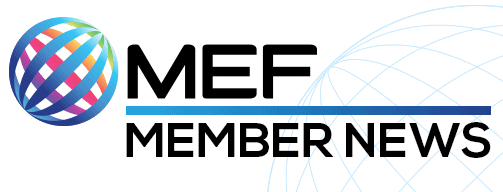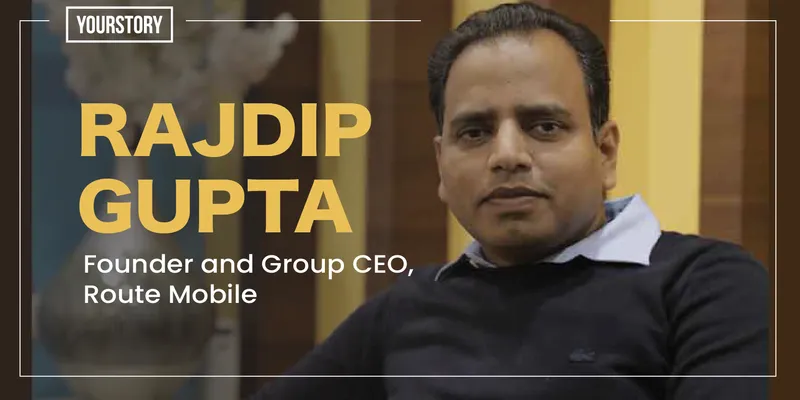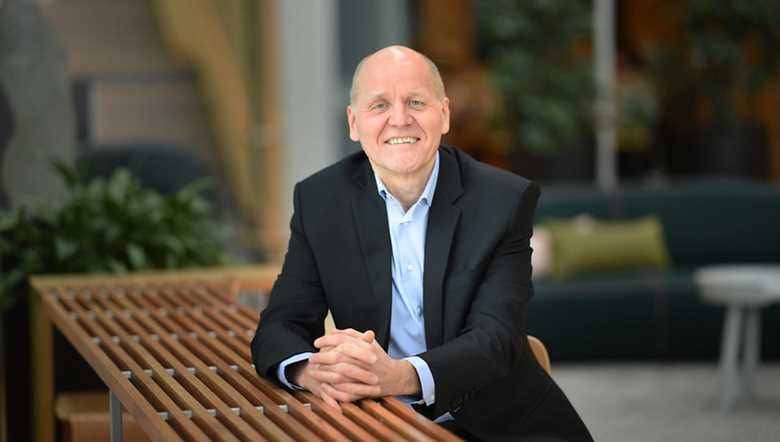Get the latest announcements from MEF Members across the mobile ecosystem globally in this weekly review of member news…

Boku launches M1ST, the world’s largest mobile payments network
Boku Inc. today announced the launch of the M1ST (aka Mobile First), the world’s largest mobile payments network. The M1ST Payments Network features an unrivalled 330+ mobile payment methods, including mobile wallets, direct carrier billing, and real-time payments schemes, reaching 5.7 billion mobile payment accounts in 90 countries – all through a single integration.

1.7 billion consumers have joined the world’s middle class in the past decade, with over 90% of the new middle class in emerging markets (Brookings Institute, 2020). Many of the world’s new middle class in Asia, Latin America, Africa and the Middle East are bypassing credit cards, and moving from cash to mobile payments like GoPay, Paga, PicPay and UPI. According to the World Bank, 45% of consumers globally use mobile wallets vs. just 18% that use credit cards for payments.
“We’ve seen a fundamental shift of consumer purchasing power from west to east, from established to emerging markets, and from credit cards to mobile payments. Today, we’re launching the M1ST Network to enable global merchants to acquire, monetize, and retain mobile-first consumers,” said Jon Prideaux, CEO of Boku. “For merchants to capitalize on the massive potential of mobile-first consumers, they need to accept the payment methods they have and prefer, which are increasingly behind glass screens, not rectangular pieces of plastic. We’ve spent the past decade delivering new customers to our merchants through mobile payments. Now that mobile payments have overtaken credit cards globally, merchant acceptance has moved from a competitive advantage to a strategic imperative.”
Entrepreneur Rajdip Gupta sheds light on Route Mobile’s journey, from being bootstrapped to going public
Rajdip Gupta, CEO and Founder of Route Mobile, believes that funding and investments are not must-haves for a startup to be successful. What’s mandatory? Clear fundamentals and conviction about the products.
Speaking about Route Mobile’s success journey, Rajdip said, “We realised long back the kind of potential cloud communication as a platform has… We always wanted to change the way people communicate, like how can I add more value to my enterprise customer to have a rich communication media so that they can engage with their end user.”

Founded in 2004, Route Mobile offers a cloud communications platform to enterprise clients that can be deployed and integrated with existing business applications and systems. The platform initially began as a pure-play SMS and kept adding new features to help customers to simplify communication.
“What I really felt good about it is that we never raised funds till the time we went for IPO… we were always cash-rich. We always wanted to create a startup that can get listed anywhere in the world. But I thought because I am from India, and it is better to listed in India. Two to three years back, we realised that it was time to go public and started working on that,” he said.
Read more…
Ligado teams with Mavenir for basestations
Mobile communications company Ligado Networks today advanced its plan to deploy the first 5G mobile satellite network for the Internet of Things, announcing it is partnering with Mavenir to develop base stations for advanced connectivity services that enable business-critical operations anywhere in the United States and North America.

Ligado’s 5G satellite IoT network will support tens of millions of mobile devices powering critical machine-to-machine communications for businesses requiring ubiquitous, continental coverage. The company plans to launch service trials in 2022, providing standalone satellite or multi-layer connections to enterprise customers in the transportation, agriculture, utilities, and energy sectors.
“We are excited to work with Ligado on ORAN-based 5G base station development. With this engagement, Mavenir and the ORAN ecosystem not only strengthen their place in enterprise deployments but also enter a phase of innovation in cellular service delivery via non-terrestrial networks,” said Pardeep Kohli, president and CEO of Mavenir. “We are looking forward to expanding our Open RAN product portfolio to meet the evolving needs of terrestrial and non-terrestrial networks and their co-existence in the future.”
Read more…
SAFR from RealNetworks Signs Agreement with Japan’s Largest Mobile Carrier, NTT Docomo, to Provide Computer Vision Technology
SAFR from RealNetworks, Inc, the premier facial recognition platform for live video, has signed a reseller agreement with NTT Docomo, Japan’s largest mobile carrier to offer SAFR’s world class AI-based facial recognition software. Both companies have previously worked together to implement access control and security solutions for a large facility, a hospital, and a robot. With the power of NTT Docomo’s 5G infrastructure and SAFR facial recognition, the companies plan to accelerate further enterprise security and access control deployments based on the new agreement.

“We are happy to have this new reseller agreement with RealNetworks,” said Hisakazu Tsuboya, SVP NTT Docomo. “It will provide new options for our customers by offering accurate, high-speed AI facial recognition capabilities in concert with our existing products to solve complex challenges for access control and surveillance while providing actionable business intelligence.”
“SAFR is very pleased to announce this reseller agreement with the largest mobile service company in Japan – NTT Docomo,” said Noriaki Takamura, VP, APAC, SAFR. “This agreement will accelerate the security and access control digital transformation for enterprise customers utilizing Docomo’s high-speed, low-latency 5G network with a low-bias, proven, AI computer vision platform.”
Digitalisation ‘route through the climate emergency’, says Telenor
Norwegian company Telenor is calling for more digitalisation as a way through the climate emergency.
The company’s first Digital Outlook Report says that how new technologies and the accelerating digitalisation of society can ensure a greener and smarter world by 2030, both for Norway and society as a whole.
Climate change is the greatest challenge of our generation, said Sigve Brekke (pictured), president and CEO of Telenor Group. “The latest report from The Intergovernmental Panel on Climate Change (IPCC) leaves no doubt about this. Combatting this will require something from every one of us, and it will impact all aspects of our lives.”
Brekke said: “Digitalisation is the underlying theme that cuts across it all, and technology is at the heart of new solutions that make a green shift possible. We see across all industries that connectivity and the use of data trigger innovation, spawn new knowledge, broaden skills, and enable new ways of operating.”
He said that “Telenor is a firm believer in leveraging and advancing connectivity to accelerate the digital future – in order to empower societies”. The report covers three sectors, which Telenor calls Live, Work and Learn.





